Ecological Spirituality: Links
Further resources, if available, can be found in our full bibliography.
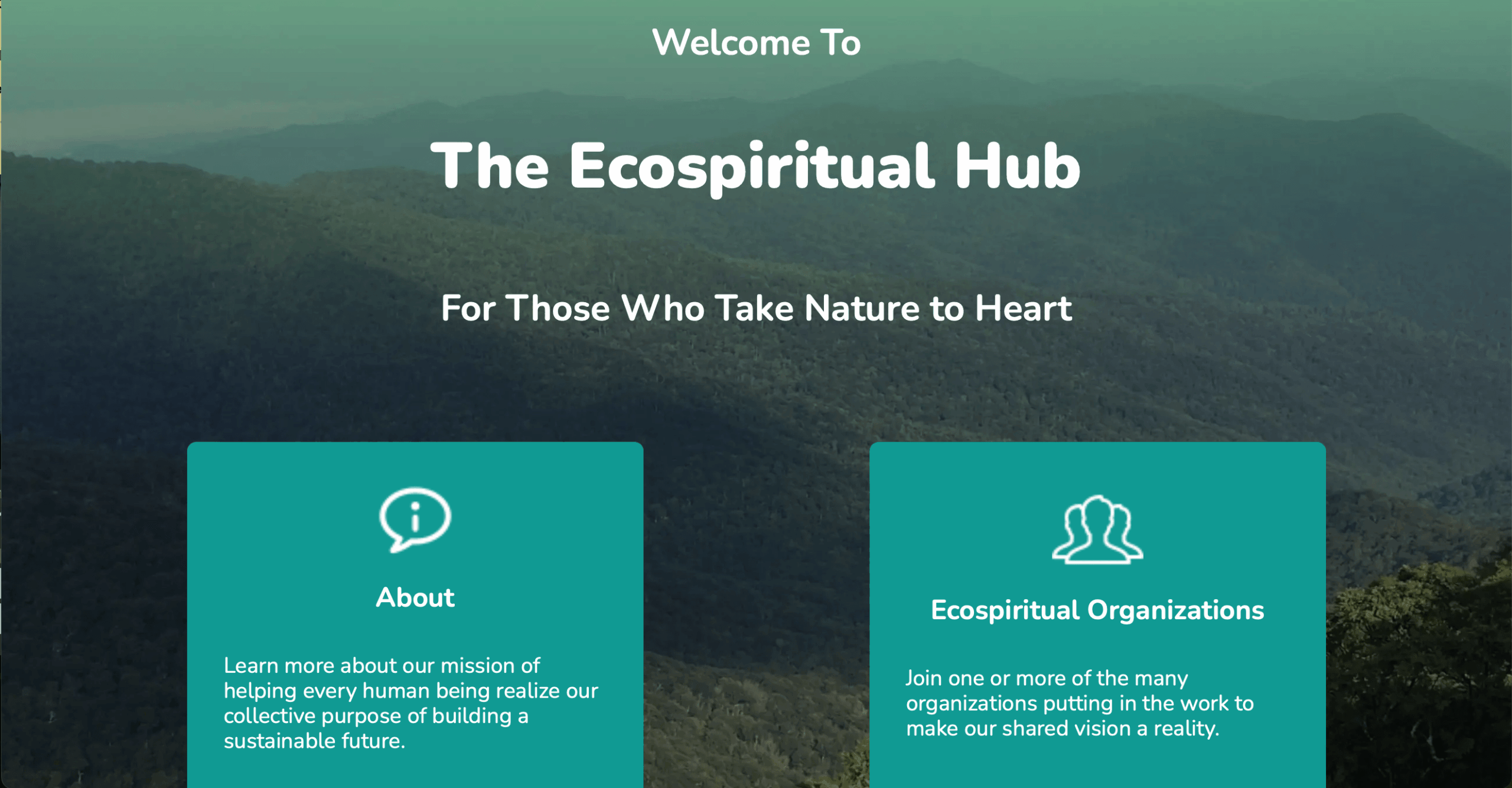
Ecospiritual Hub
The term Ecospirituality is versatile and overarching. It connects science-based perspectives on the natural world with spiritual responses (e.g. gratitude, reverence, humility, compassion, joy) and environmental activism. Groups pursue and celebrate this trajectory under many different appellations, including pantheist, pagan, religious naturalist, and numerous others. The groups also typically lift up particular facets of the trajectory: some combine it with meditative practice; others with group ritual; others with analytic conversation; others with the perspectives of traditional faiths. Below we provide brief descriptions and links to ecospiritual groups that encompass this diversity, most of which offer free membership, social-media connection, and informative websites and newsletters.
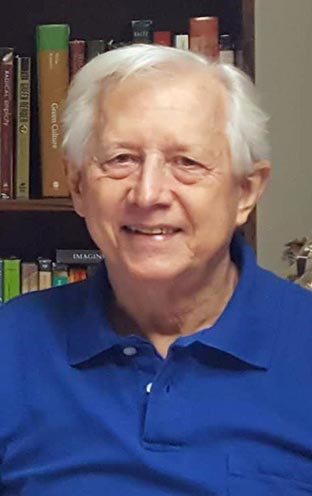
Spiritual Ecology: A Quiet Revolution
This is the official website of Leslie Sponsel, professor Emeritus of the University of Hawaii and a pioneer in the field of Spiritual Ecology, a term which was coined by him. Spiritual Ecology is a complex, diverse, and dynamic arena at the interfaces of religions and spiritualities on the one hand, and on the other environments, ecologies, and environmentalisms with intellectual, spiritual, and practical components. This site provides information on his work and publications; resource guides; course syllabi, and a bibliography of works published in this area from the 1970s-2013.

Damanhur Foundation
The mission of Damanhur Foundation is to be an example and inspire people to take actions that can change the world for the greater good. Born in Italy in 1975 as a social and spiritual experiment, Damanhur is a Living Lab for the Future. It is a worldwide movement, inspiring the lives of thousands of people committed to leaving a positive mark in the world. Since the 1970s, Damanhur has been exploring communication with the plant world. As a part of this research, Damanhur researchers have created an instrument capable of detecting electromagnetic variations from the surface of the plant leaves to the root system. Such variations are then translated into sound through a MIDI interface. They discovered that the pulse streams of each organism are unique, with each plant manifesting its own individual biological “signature sound.” They developed an album of plant song called The Music of the Plants. They also run the Humanitree Alliance and Tree Orienting Project whose purpose is to promote awareness of the interconnectedness of human beings and trees, and to launch a global campaign of awareness and celebration of this relationship.
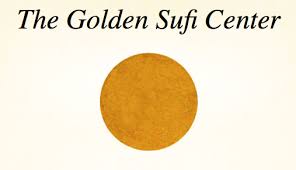
The Golden Sufi Center
The Golden Sufi Center is the vehicle for the work of the Naqshbandiyya-Mujaddidiyya Order of Sufism. The purpose of The Golden Sufi Center is to make available the teachings of this lineage of Sufism, and people follow this path from many countries around the world. Llewellyn Vaughan-Lee is the founder and sheikh of The Golden Sufi Center. His son, Emmanuel Vaughan-Lee, has been fully authorized as his successor and is also a sheikh in this lineage. Naqshbandi Sufis (named after Bahâ ad-dîn Naqshband, d. 1389) are known as the “silent Sufis” because their practices are done in silence. They practice a silent dhikrand the silent meditation of the heart-God is the silent emptiness and is therefore most easily reached in silence. Through spiritual practice and following the principles of the path, the wayfarer is guided on the stages of the journey, back to the divine oneness that is experienced within the heart.
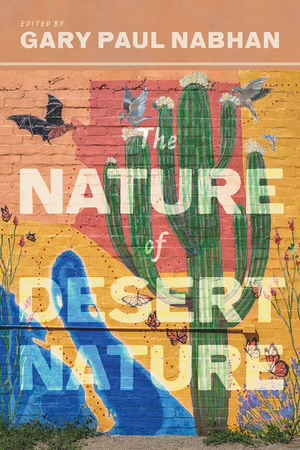
Gary Paul Nabhan
Gary Paul Nabhan is an agricultural ecologist, ethnobotanist, Ecumenical Franciscan Brother, and author whose work has focused primarily on the plants and cultures of the desert Southwest. He is considered a pioneer in the local food movement and the heirloom seed saving movement.
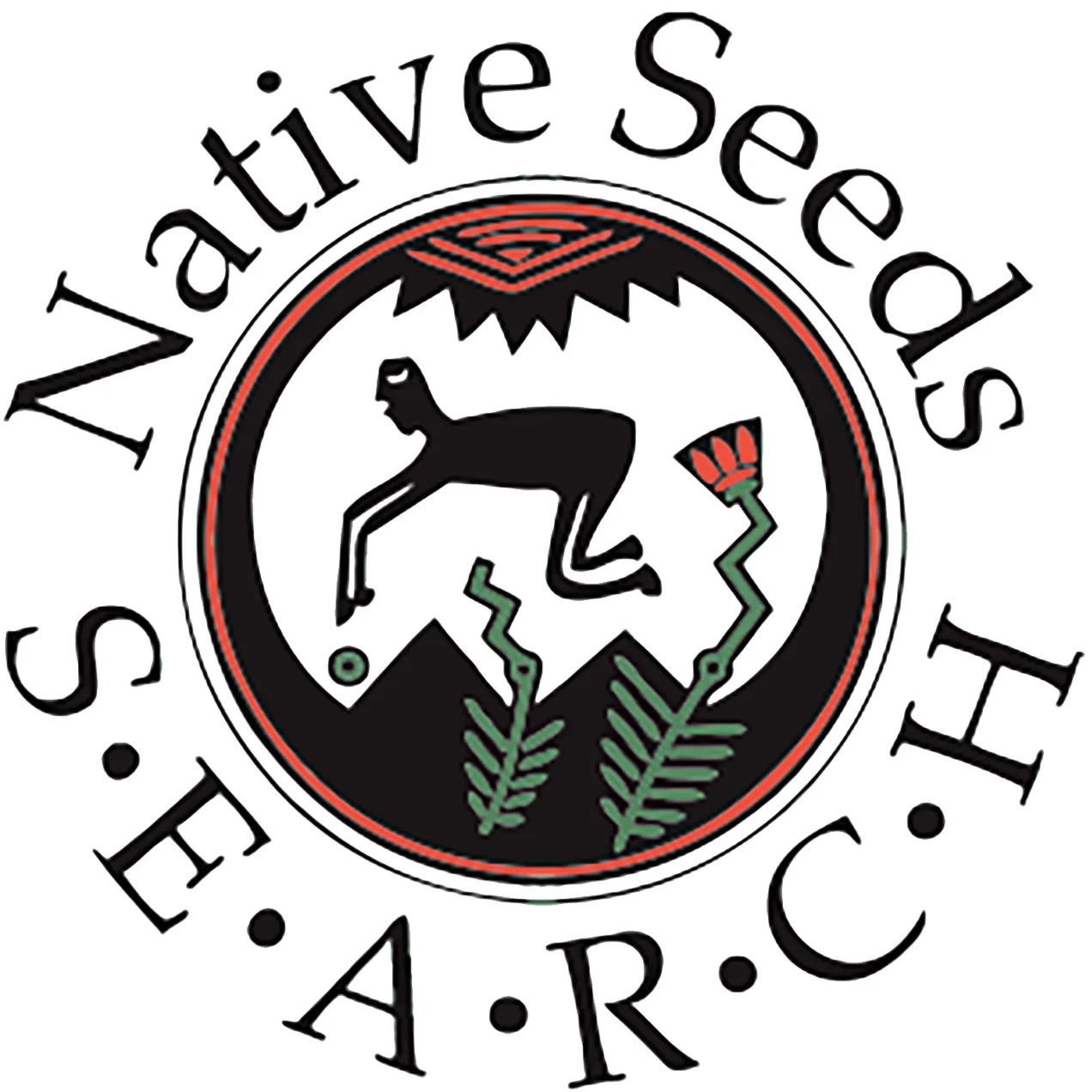
Native Seeds/SEARCH
For more than four decades, Native Seeds/SEARCH (NS/S) has stewarded the seeds of the desert Southwest and Mexico. Founded in 1983 in response to the concern of farmers, gardeners, Indigenous community members, and conservationists about the devastating loss of seed diversity, NS/S now conserves more than 1,800 regional seed varieties in a climate-controlled seed bank. The mission of NS/S is not just the preservation of seeds for the future, but also their distribution today, prioritizing communities of the desert region who have stewarded the seeds for time immemorial.
Photo Credit: Thailand; Georgina Nepo/Unsplash